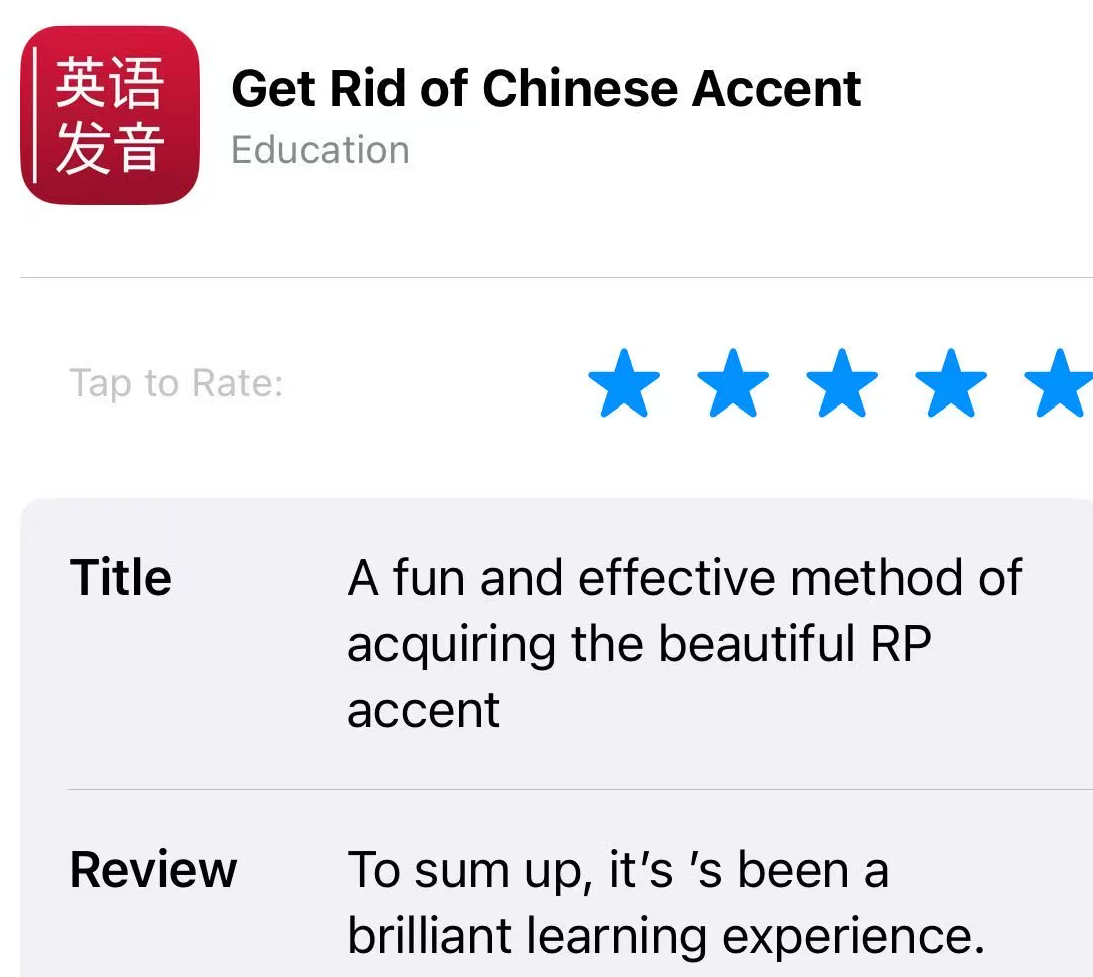When it comes to landing your dream job, most people focus on polishing their résumé, practising common interview questions, and researching the company. But there’s another factor that plays a huge role in how you’re perceived — your voice and accent.
In a job interview, your words matter — but how you say them can matter even more.
Why Your Voice Matters
Your voice is more than just a tool for communication — it’s part of your personal brand. The tone, pace, and clarity of your speech can instantly influence whether you come across as confident, competent, and trustworthy.
Here’s what interviewers often pick up on:
1. Clarity – Clear speech signals professionalism and attention to detail.
2. Confidence – A steady, well-projected voice makes you sound self-assured.
3. Energy – A lively tone helps you sound engaged and interested in the role.
A nervous, rushed, or monotone delivery can unintentionally send the wrong message — even if your answers are perfect.
Accent and First Impressions
In today’s global job market, accents are normal — but they can still affect comprehension. If an interviewer struggles to understand you, they might (consciously or unconsciously) question your ability to communicate effectively with clients, colleagues, or stakeholders.
This doesn’t mean you need to erase your accent entirely. But reducing a heavy accent and improving pronunciation can make your speech easier to follow, helping you connect with your interviewer and keep their focus on your skills and ideas — not on deciphering your words.
Key Skills to Improve Before Your Interview
If you want to make a strong vocal impression, focus on these areas:
1. Pronunciation – Aim for crisp, accurate sounds, especially for common industry terms.
2. Pace – Slow enough to be clear, but not so slow that you lose momentum.
3. Pausing – Use pauses to emphasize key points and give the interviewer time to process.
4. Intonation – Add variety to your pitch to sound natural and engaging.
5. Volume & Projection – Speak loudly enough to be heard without sounding aggressive.
How to Train Your Voice for Interview Success
Improving your voice and accent doesn’t have to take years — with targeted practice, you can make noticeable changes in just weeks.
Get Rid of Your Accent for Business app provides:
Audio models of clear, neutral English speech.
Step-by-step lessons to improve pronunciation and intonation.
Record & compare tools to track your progress.
Practice materials based on real-world speaking situations, including interviews.
By training your ear, practising key sounds, and mastering vocal techniques, you can walk into your interview sounding confident, professional, and easy to understand.
Your qualifications get you in the door, but your communication skills can seal the deal. A clear, confident voice helps interviewers focus on you — your ideas, your expertise, and your potential.
Ready to sound your best in your next interview?
Start training today with the Get Rid of Your Accent for Business app — your personal voice coach, right in your pocket.

